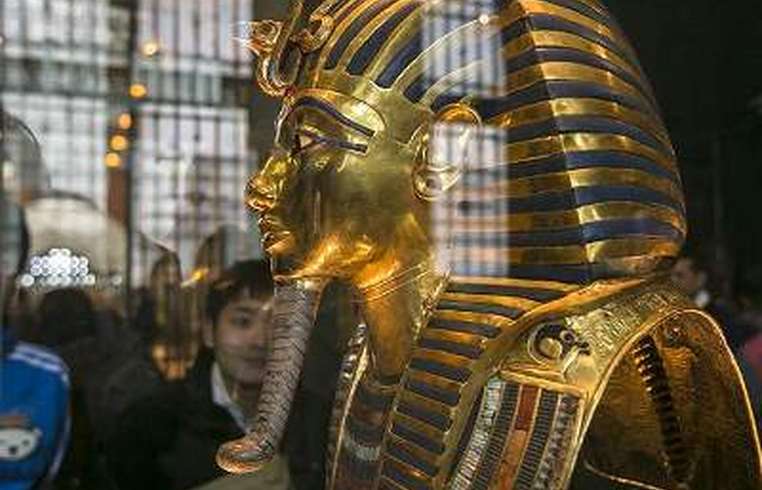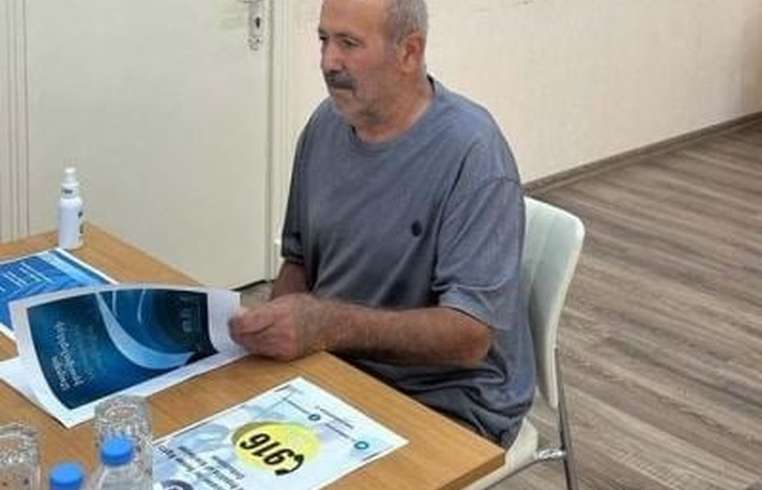
News - Scientist cracks cause of ‘Pharaoh's curse’
Business Strategy
Scientist cracks cause of ‘Pharaoh's curse’

Scientist Ross Fellowes claims to have cracked the cause of the 'Pharaoh's curse' that was believed to have killed more than 20 people who opened King Tutankhamun's tomb in 1922, The Daily Mail reports. According to the expert, the participants of these excavations died from the effects of strong radiation. An ancient Egyptian text threatens those who disturb the tranquility of the embalmed remains of the royal family resting in the mausoleum with "a deadly disease that no physician can cure." Fellowes claims that the hermetic tombs of the pharaohs were deliberately filled with natural elements containing uranium and toxic waste. The specialist notes that exposure to these substances can lead to some types of cancer. In particular, archaeologist Howard Carter, who was the first person to enter Tutankhamun's tomb, died fighting Hodgkin's lymphoma. Other people involved in the excavation died of asphyxia, stroke, diabetes, heart failure, pneumonia, poisoning, malaria and X-ray exposure. UK scientists Sherif and Tariq El-Tawil had earlier come to the conclusion that the cause of death of those who discovered the tomb of Pharaoh Tutankhamun of Ancient Egypt could be Aspergillus fungus. The doctors assumed that this fungus found in the tomb caused a lung infection in the body of the researchers.






